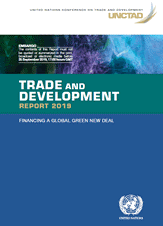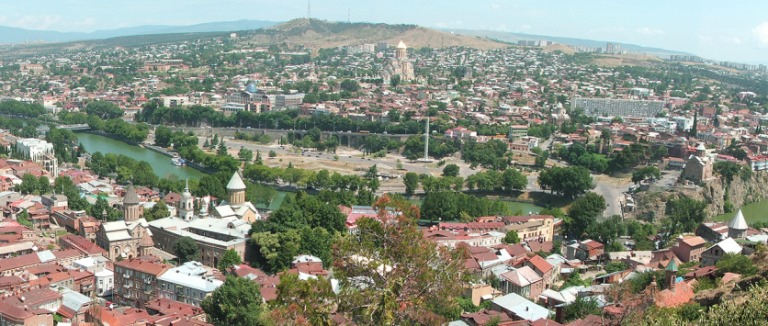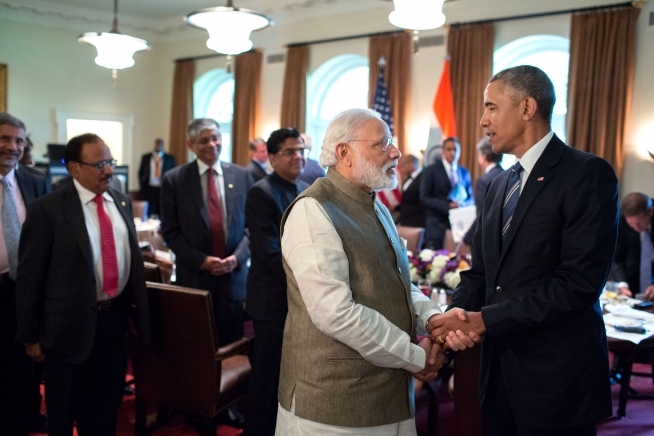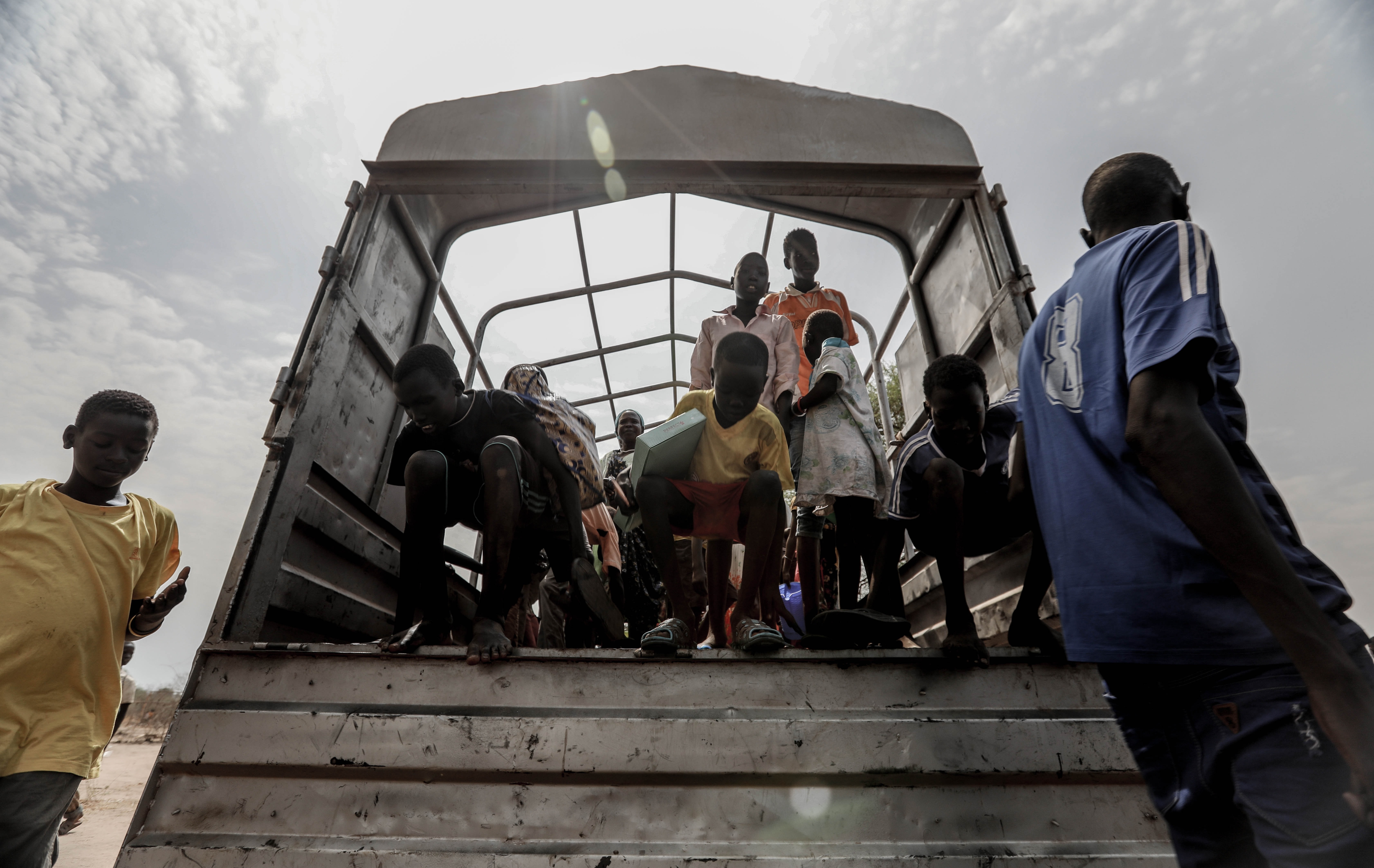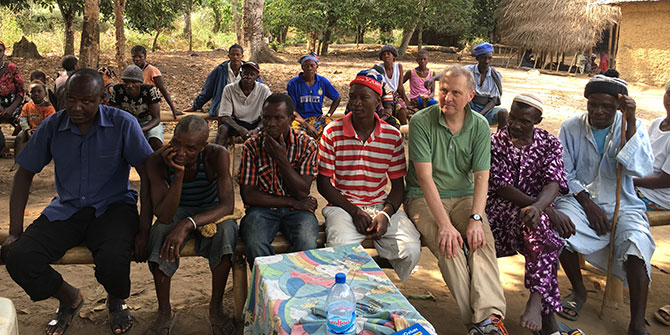MSc Development Management student, Lou Aubay, reflects on a recent guest lecture from Richard Kozul-Wright, lead author of the United Nations Conference on Trade and Development’s (UNCTAD) annual report, which suggests that meeting the financing demands of the 2030 Agenda for Sustainable Development requires rebuilding multilateralism around the idea of a Global Green New Deal.
Mr Richard Kozul-Wright is the current director of the globalisation and development strategies in the United Nations Conference on Trade and Development (UNCTAD) and lead author of this year UNCTAD’s annual report on trade and development. The 2019 report is entitled financing a global green new deal. It is to present and recount this very report that Mr Richard Kozul-Wright has chaired a conference last Thursday, 5th of December. His clear and concise approach was useful to further dive in the 200 pages report. He also did a good job in challenging my prerequisite on the reviewed topics and UNCTAD’s organisation in general but it did leave me with more questions than answers. This short article will outlay the main takeaways from this encounter and my opinion on them.
Mr Richard Kozul-Wright’s first claim was on the distinction between globalization and hyper globalisation. According to him, it is common to believe globalisation has been consistent and progressive since post World War Two. But in reality, the last 30 years have witnessed a very different era embodied in the hyper globalisation. This extra intensification of globalisation is dominated by international corporations and footloose finance combined with a logic of extraction of the earth’s resources. All in all, this is impacting very negatively the world’s inequality as chances to succeed and climb the social ladder have diminished triggering both frustration and anxiety. The main issue with today’s financial system is the lack of productive investment. Specifically, the big money made by big corporations is inefficiently invested to make more money through investments in stocks, asset markets and house market.
Secondly, Mr Richard Kozul-Wright argued against a common view believed by many which are that the banks don’t have any money left and so change is dependent on the investment of the wealthy. This transition, it is argued, should be done through public-private partnerships, or the so-called 3Ps, bringing at the heart of finance and business the new objectives of international development and solving environmental issues. But the UNCTAD’s organisation through its 2019 report questions the fundamentals of this new argumentation. Richard Kozul-Wright’s words on the topic were very frank, are we genuinely expecting that the same people responsible for the 2007 crisis will start helping the current social and environmental crises. Consequently, to resist and challenge the current trends he argues in favour of a complete shift of our economic political and financial system helped by a new green global deal. A deal which should be driven by the public sector through pro industrial policies and efficient investments to ensure income redistribution.
Overall, this new deal sounds very promising in theory but in practice, its implementation is still challenging in many ways. First, how will this massive shift be financed? Mr Richard Kozul-Wright asserts we just cannot afford not to invest time, money and energy in this new deal, especially considering the huge costs of climate change so far. Moreover, the main issue is the mismanagement of money not the unavailability of resources. Even if the resource were indeed accessible, who will take the risk to lead on this massive shift? Who should be in charge anyway? Richard Kozul-Wright says it needs to come from the developing countries but is this feasible considering the politician and entrenched political parties and institutions in place today?
The tone of this talk was very optimistic considering the huge implications it entails. I appreciate this approach because it allows us to dream for better times but yet again I do believe it is slightly utopic. When questioned about the mechanism necessary to implement such a deal Mr Richard Kozul-Wright was not able to explain how to overcome the political issue or detail the economic and financial reforms. Rather, he believes it is a new space of research for academics to take advantage of.
Finally, A last very interesting thing for me to witness was the divergent opinions of Mr Richard Kozul-Wright’s with Mark Lowcock which I heard talking the same week on Monday, 2nd of December. Mark Lowcock is the United Nations Under-secretary-General for Humanitarian Affairs and emergency relief and he was advocating in favour of the use of financial tools to help both emergency crises and development. I think it is reassuring to see that people within the UN institutions clash and have different stands. I also believe having access to a range of such different talks is part of the richness of the LSE institution because it is what helps us to be critical and shapes our informed views.
Read the latest Trade and Development Report here. The Trade and Development Report (TDR), launched in 1981, is issued every year for the annual session of the Trade and Development Board. The Report analyses current economic trends and major policy issues of international concern, and makes suggestions for addressing these issues at various levels. For further information on the Trade and Development Report please contact us at tdr@unctad.org
Lou Aubay is a French MSc Development Management student. She has a bachelor in Politics and Management from the University of Exeter. Her main interests include climate change, MENA countries, gender and migration issues.
The views expressed in this post are those of the author and in no way reflect those of the International Development LSE blog or the London School of Economics and Political Science.


